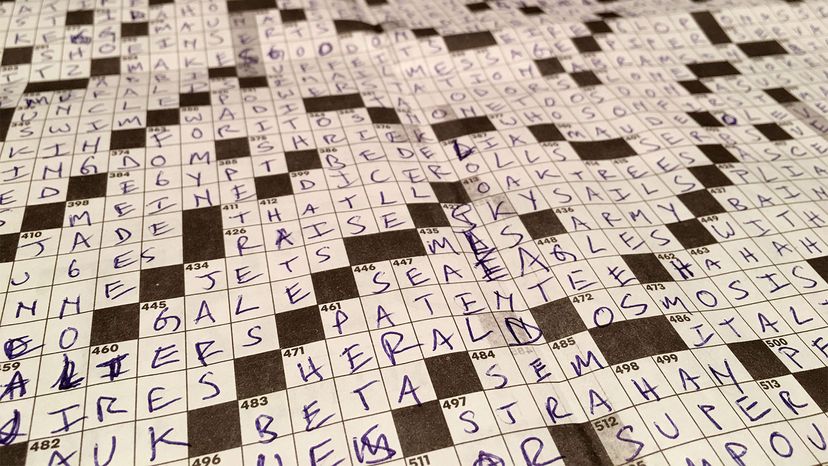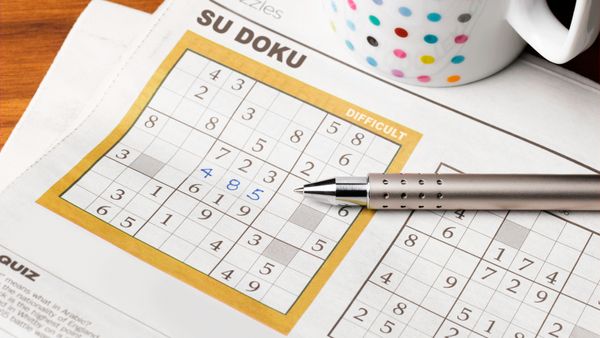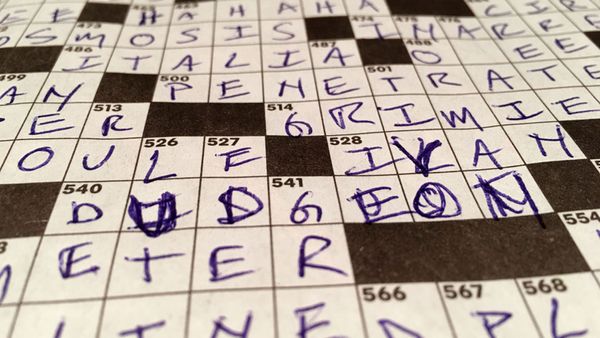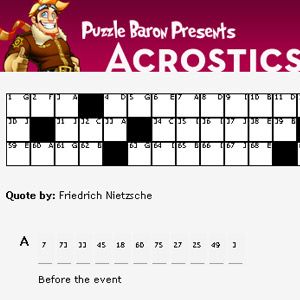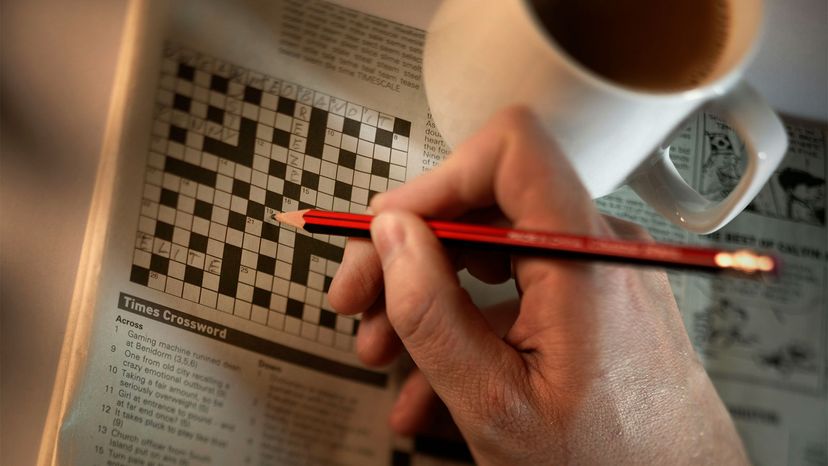
To the uninitiated, crossword puzzles are opaque, enigmatic black holes into which intellectual self-esteem is swallowed. Ah, but it doesn't have to be this way! With a bit of strategy and effort, anyone can solve a crossword puzzle — even the legendary crossword from The New York Times.
Turns out, crossword puzzles aren't akin to IQ tests. Nor are they reliant on a massive vocabulary arsenal. The key is to understand the universe in which the puzzle — and its clues — operates.
Advertisement
Let's start with some advice from the Gray Lady herself. If you're a beginning puzzler, start with the Monday crossword and stick with Mondays until you gain some mastery. Why? Each day of the week, from Monday onward, The New York Times' crossword puzzle becomes more difficult, culminating in the most challenging of all: Saturday's crossword. Think Sunday's crossword is even more challenging? Not so. The Sunday puzzle typically has a midweek difficulty rank.
Here are five tips from some experts that will certainly help you to hone your crossword solving skills. So sharpen your pencil or, if you're really brave, pull out your pen, and let's get to solving:
Advertisement
